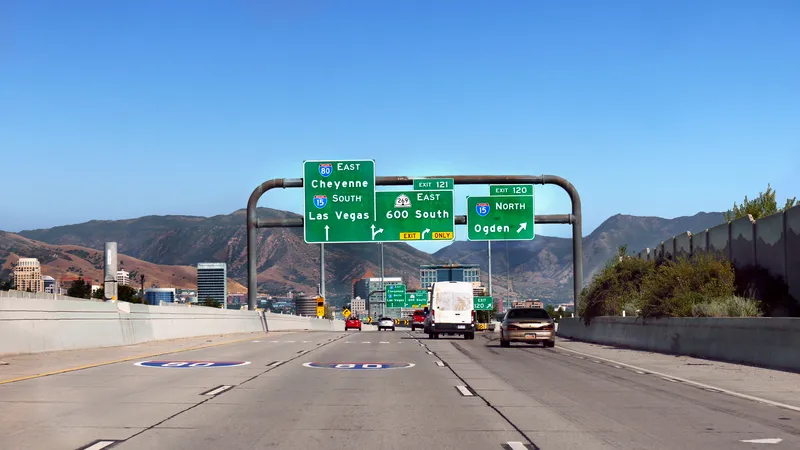The latest national figures show that forces across the UK followed a targeted approach that saw an increase in alcohol tests showing a positive, failed or refused reading. While the percentage of drivers tested reduced, officers targeted drink drive hotspots using an intelligence-led approach.
The figures show that a total of 45,267 breath tests were ministered; 4,539, or 10 per cent, were positive, refused or failed of total tested that were positive, failed or refused. A total of 279 drug field impair
August 11, 2016
Read time: 2 mins
The latest national figures show that forces across the UK followed a targeted approach that saw an increase in alcohol tests showing a positive, failed or refused reading. While the percentage of drivers tested reduced, officers targeted drink drive hotspots using an intelligence-led approach.
The figures show that a total of 45,267 breath tests were ministered; 4,539, or 10 per cent, were positive, refused or failed of total tested that were positive, failed or refused. A total of 279 drug field impairment tests conducted, with 80 resulting in an arrest, while 2,588 drug screening devices were administered, 1,028 giving a positive result.
National Police Chiefs’ Council Lead for Roads Policing, Chief Constable Suzette Davenport said: “It is encouraging to see that our intelligence led approach continues to work – fewer tests administered but increased criminal justice outcomes, with forces actively targeting hotspots and using their local knowledge to get drink and drug drivers off our roads.
“Even though this has been a successful summer campaign, it is still disappointing to see during the campaign over 4,500 people drink driving and over 1,000 people driving whilst under the influence of drugs. We remind those who drive when intoxicated that police forces across the country are better equipped than ever before to detect and prosecute drivers who ignore the law.”
Gary Rae, director of communications and campaigns for Brake, the road safety charity, called on the government to make traffic policing a priority to ensure we have a suitably strong deterrent against unacceptable behaviour on the road.
He said: “The latest national figures from the police show worrying signs, with a large drop in the amount of people being tested but an increase in those who tested positive, failed or refusing the test. With traffic police numbers on the decline, it’s leaving those who enforce the law with very little resources to catch those who do break the law and despite the police claims of a successful targeted strategy, the degree to which this is actually the case is impossible to know.”
The figures show that a total of 45,267 breath tests were ministered; 4,539, or 10 per cent, were positive, refused or failed of total tested that were positive, failed or refused. A total of 279 drug field impairment tests conducted, with 80 resulting in an arrest, while 2,588 drug screening devices were administered, 1,028 giving a positive result.
National Police Chiefs’ Council Lead for Roads Policing, Chief Constable Suzette Davenport said: “It is encouraging to see that our intelligence led approach continues to work – fewer tests administered but increased criminal justice outcomes, with forces actively targeting hotspots and using their local knowledge to get drink and drug drivers off our roads.
“Even though this has been a successful summer campaign, it is still disappointing to see during the campaign over 4,500 people drink driving and over 1,000 people driving whilst under the influence of drugs. We remind those who drive when intoxicated that police forces across the country are better equipped than ever before to detect and prosecute drivers who ignore the law.”
Gary Rae, director of communications and campaigns for Brake, the road safety charity, called on the government to make traffic policing a priority to ensure we have a suitably strong deterrent against unacceptable behaviour on the road.
He said: “The latest national figures from the police show worrying signs, with a large drop in the amount of people being tested but an increase in those who tested positive, failed or refusing the test. With traffic police numbers on the decline, it’s leaving those who enforce the law with very little resources to catch those who do break the law and despite the police claims of a successful targeted strategy, the degree to which this is actually the case is impossible to know.”










